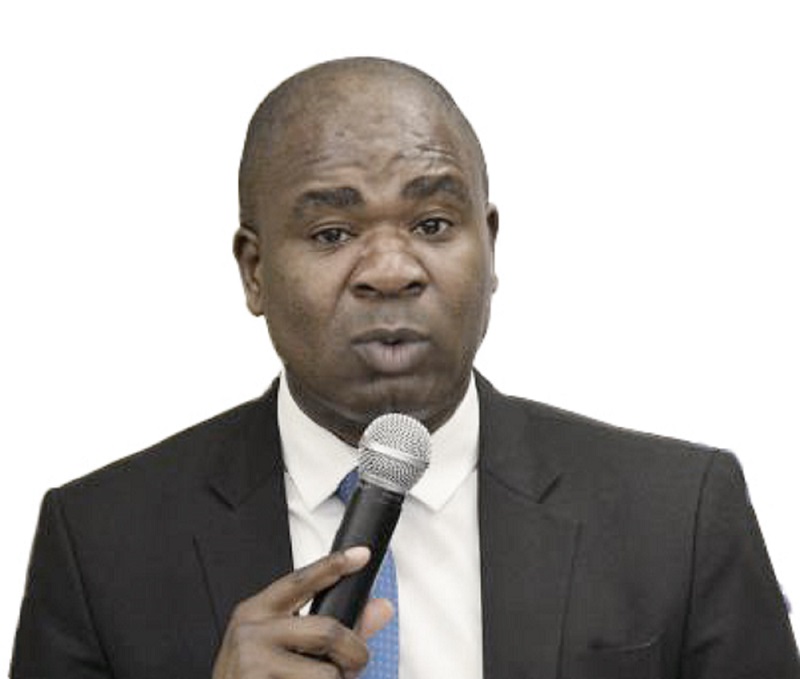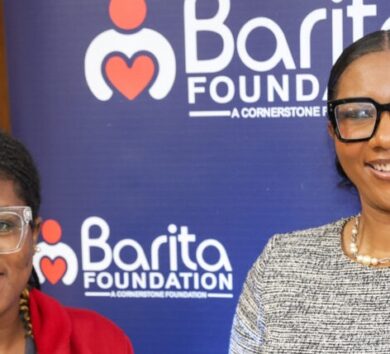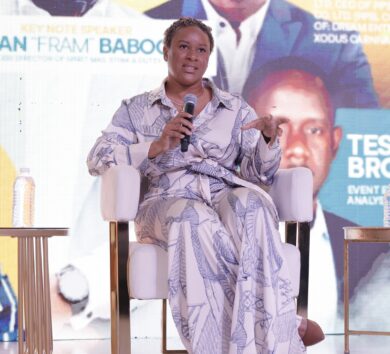

By Fernando Davis
Minister of State in the Ministry of Labour and Social Security Zavia Mayne says the number of registered special needs children in the Early Stimulation Programme (ESP) has grown exponentially islandwide since 2016.
Mayne, who was speaking at the launch of a newly retrofitted mobile unit in Santa Cruz, St. Elizabeth on January 28, said that in 2016 there were some 1,450 or more registered participants compared to today where it has ballooned to over 3,000 youngsters suffering from some sort of disability.
He said the matter was further compounded by the fact that there are only four special needs centres across the island, creating a situation where many parents have become overwhelmed and frustrated.
“As a ministry, we recognise, we are convinced, that there is a need for this kind of service, as offered under our ESP, right across Jamaica,” Mayne explained.
“When you look at the numbers over the past five years and compare them with today, then you will see why there is a need for more facilities to assess and register children with special needs.”
Mayne further pointed out that the ESP provides early stimulation and intervention for children from birth to six years old with various types of developmental disabilities.
“Among the disabilities managed by this programme are cerebral palsy and other physical disabilities ranging from sensory impairment, autism, Down’s syndrome, developmental delay, secondary to psychosocial deprivation and co-morbid behavioural problems; including attention deficit,hyperactivity disorder, also known as ADHD.”
Zavia Mayne, state minister in the Ministry of Labour and Social Security
He further added that the programme, which commenced operation in 1975 as a project, but subsequently became integrated into one of the ministry’s social programmes, has benefitted well over 20,000 with various types of disabilities across the island.
“Among the disabilities managed by this programme are cerebral palsy and other physical disabilities ranging from sensory impairment, autism, Down’s syndrome, developmental delay, secondary to psychosocial deprivation and co-morbid behavioural problems; including attention deficit,hyperactivity disorder, also known as ADHD.”
CHILDREN REFERRED BY HEALTH CARE WORKERS
Mayne noted that children are mostly referred to the programme by health care workers, educators, social workers, parents and other agencies serving young children, adding that the assessment process includes a comprehensive history taking of social, medical and developmental history; the administration of developmental screening tests to comprehensively identify potential developmental problems; medical examination to identify neurological and sensory deficits.
“Once a developmental delay is identified, an individual intervention programme is designed for each child,” Mayne added.
”Consultation is held with parents to define roles and to ensure parent participation in the process.”

The state minister, in the meantime, said it is the intention of the Government to have special needs facilities in each parish across the island but will have to, at the moment, resort to using mobile units to make up for the shortfall.
St. Elizabeth, he said, will be followed by St. Ann and St. Mary which should be a big boost for the ESP and the ability of parents to gain access to facilities for their special needs children.
“This bus is retrofitted so the physiotherapist can do assessment of the child and we can do sessions with the parents to teach them how to stimulate the motor skills for children with disabilities,” Mayne added.
“It comes at a cost of $12 million and this is money that we can say is money that is well spent. We also have many parents who are registered with ESP but, because of financial difficulties and the distance they have to travel, are unable to travel to Kingston or Portland to access these services. This is where the mobile units can fill that gap.”







Comments